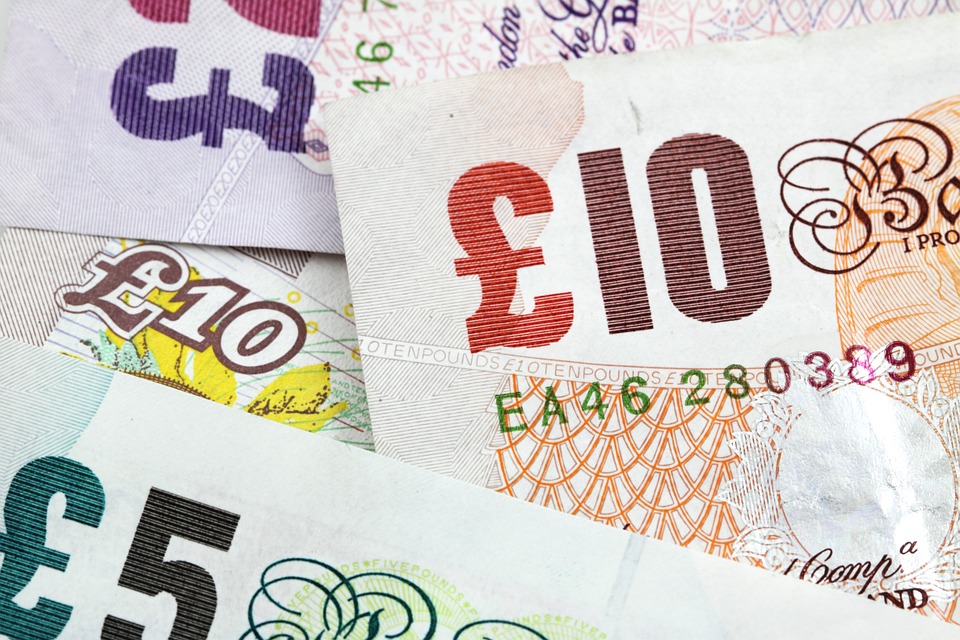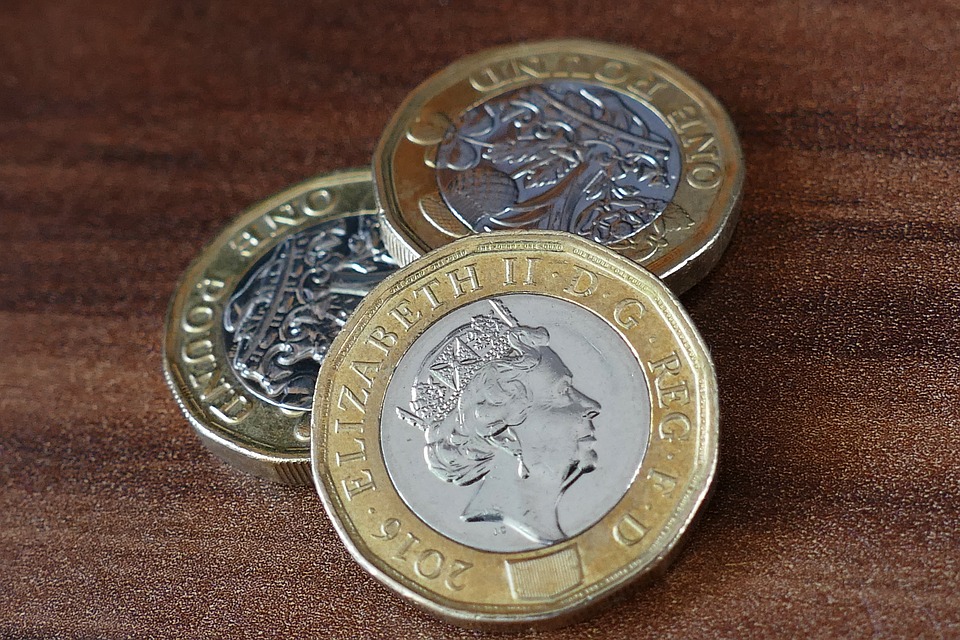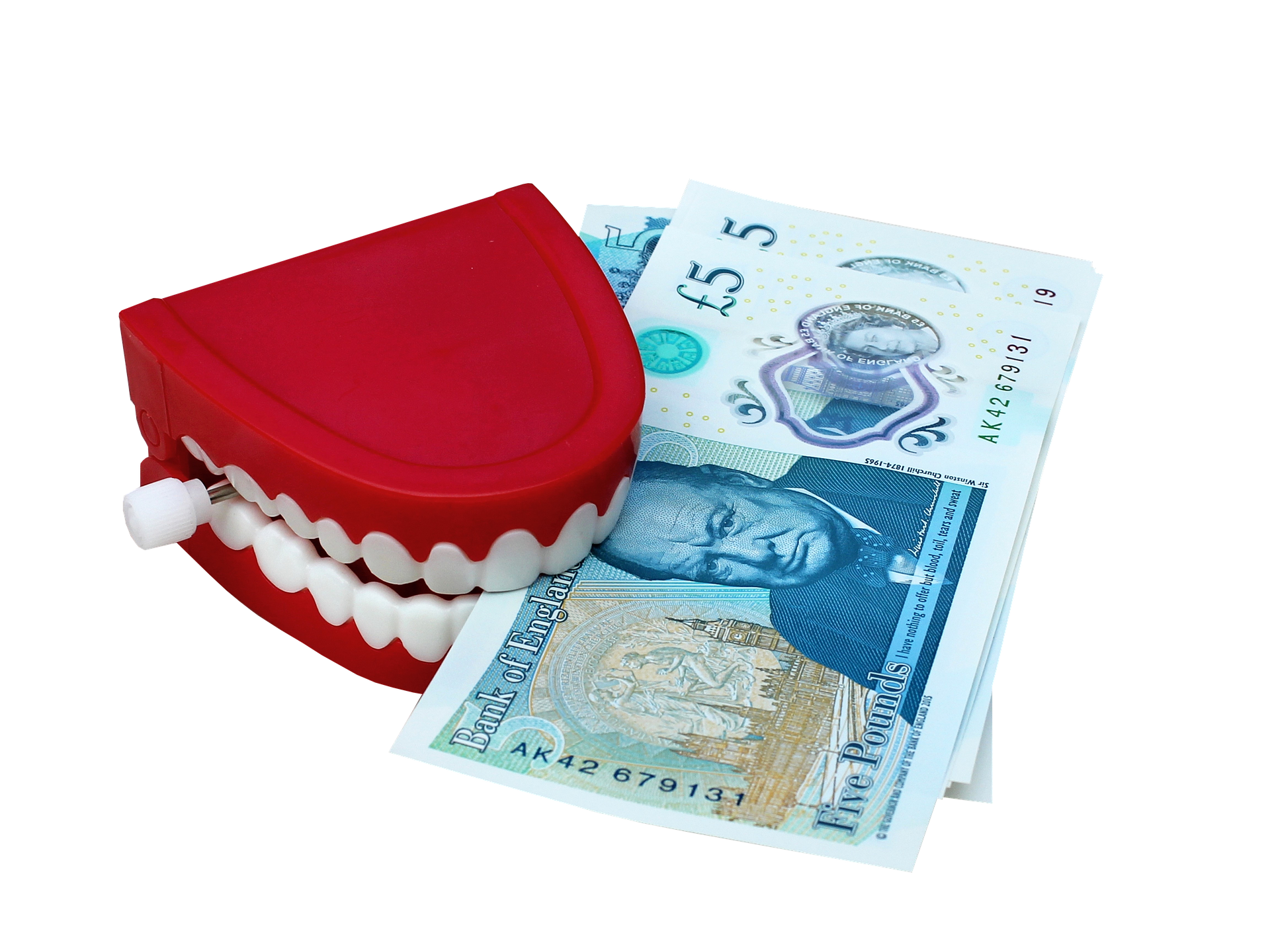Sterling was flat against the euro not far from a 1-1/2 month low on Wednesday, while investors await a speech by a senior Bank of England official later in the day.
The pound fell sharply against the single currency last week after the ECB’s unexpected hawkish shift boosted euro zone yields, overshadowing the Bank of England’s move of raising rates by 25 basis points.
Bank of England Chief Economist Huw Pill, who will give a speech at the annual conference of Britain’s Society of Professional Economists, “was one of the majority five Monetary Policy Committee (MPC) members voting for just a 25bp hike last week”, ING analysts said.
“We think the BoE will welcome the role the strong pound sterling is playing in deflecting some of the energy price surges – and see no reason for the BoE to start railing against aggressive pricing of the BoE trajectory,” they added.
The pound was flat against the euro at 84.22 pence within striking distance of its post-ECB low at 84.74 pence.
To find out more about how we can assist you with your Second Charge Mortgage please click here
Money markets are still pricing in a 25 bps rate increase in March and 125 bps by December 2022, but some analysts have warned about the risks of excessive expectations.
They noted that Bank of England Governor Andrew Bailey said last week not to take for granted the BoE was embarking on a long series of rate hikes, while the BoE’s downward revision to inflation forecasts assumed interest rates at 1.5% by mid-2023.
The pound rose 0.2% versus a slightly weakening dollar to $1.3576.
The dollar stayed in a holding pattern a day before the release of U.S. consumer price data that may offer new clues on the pace of Federal Reserve policy tightening.
Discover our Second Charge Mortgage Broker services.
Investors will also be monitoring political developments as Prime Minister Boris Johnson fights for his political survival.
On Tuesday, he reshuffled some ministers in his administration to appease his lawmakers, angered by a series of scandals.
“Even without a major change in the policy direction, the replacement of the UK prime minister with a less erratic and gaffe-prone alternative would a be positive for UK risk markets and sterling,” said Kallum Pickering, senior economist, director at Berenberg.
“While the risks may be tilting towards a scenario where Johnson somehow manages to cling on as prime minister, it remains more likely than not that the Conservatives will try to replace him soon, in our view,” he added.
Reporting by Stefano Rebaudo
Source: UK Reuters





